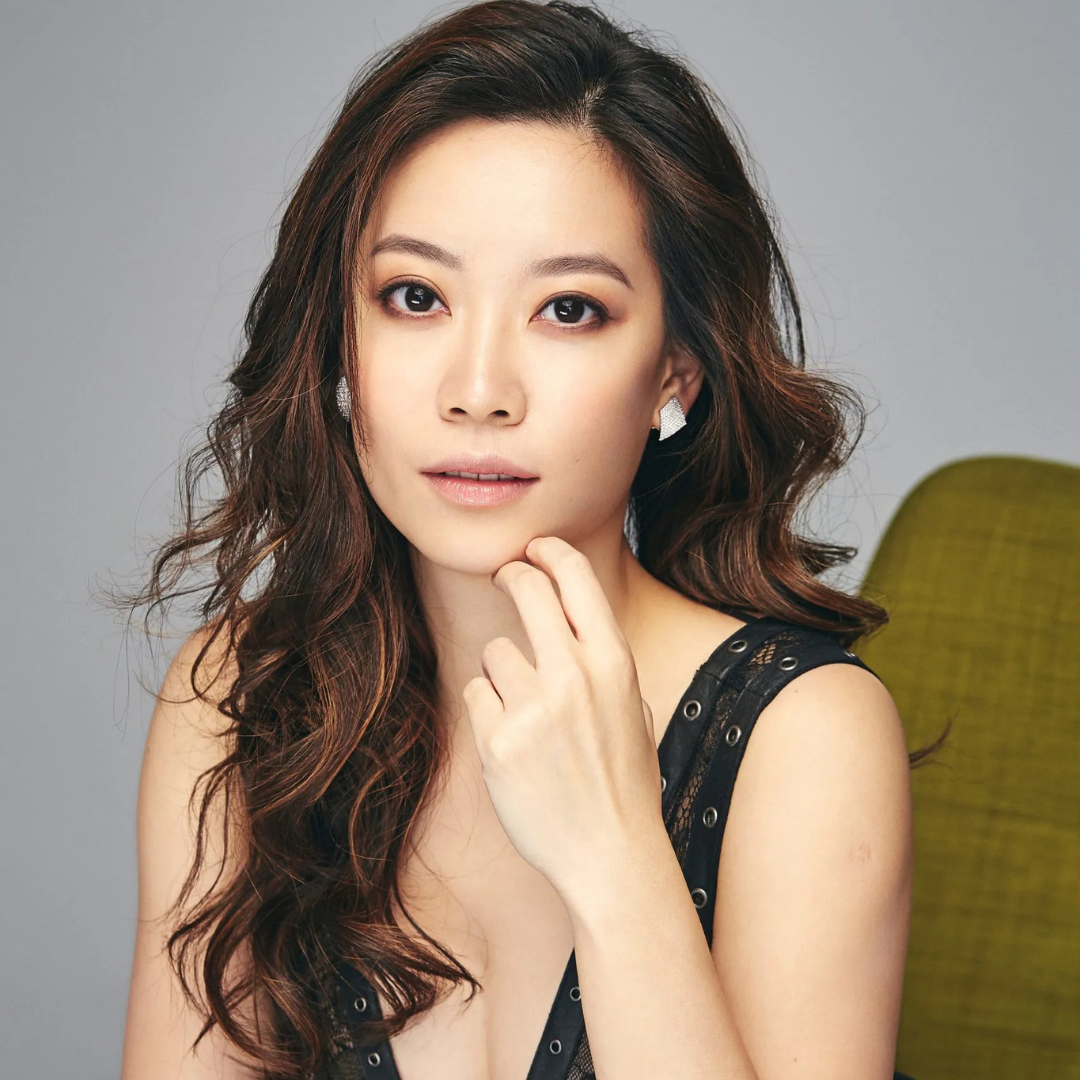The guest soloist for Resounding Triumph: Rachmaninoff & Brahms is pianist Fanya Lin!

Q: Can you tell us a little about your musical journey — how you first fell in love with the piano?
A: I grew up with an upright piano in our home, and there’s a photo of me at just one year old,
sitting in front of it and touching the keys. I officially started playing around the age of four. Both
of my parents are rock musicians, so music was always a part of our lives. One of my earliest
memories is being at a restaurant with my family where there was a live band playing. The
musicians invited my dad on stage, and he jumped in to play the drums. I think moments like
that—joyful, spontaneous, fun—are what shaped my connection to music from the very
beginning.
Q: You’ve been described as a “striking interpreter” who gives a “committed and heartfelt performance” by Musical America and The New York Times. How do you approach preparing a work like Rachmaninoff’s Third Piano Concerto?
A: When I approach a new piece, especially something as monumental as Rachmaninoff’s Third
Concerto, I typically follow a four-stage process:
1. Background Research: I begin with a deep dive into the work’s context—studying the score, learning about the composer’s life and circumstances at the time of writing, and listening to a wide range of recordings, both of the piece itself and of related repertoire.
2. Memorization: I prioritize memorizing the piece early in the process. I find that intentional, focused memorization from the beginning helps build a deeper connection with the music and supports long-term retention.
3. Performance Tempo: Once I’ve internalized the music, I gradually bring it up to performance speed while maintaining control and musicality.
4. Performance Practice: Finally, I spend a significant amount of time practicing the piece in performance conditions—running through it fully, recording my performances, managing nerves, and refining interpretation.
Learning a piece like this typically requires 6 to 7 hours of practice a day over the course of 50 to 60 days. It’s an intensive but deeply rewarding journey.
Q: You’ve launched a program called Peak Performance Roadmap to help musicians perform optimally under pressure. What was the inspiration behind it, and what’s one key insight you wish all performers would adopt?
A: During COVID, with most of my concerts canceled, I turned inward and started exploring how to perform at my best—free from fear, anxiety, doubt, or distraction. Inspired by how athletes train for peak performance, I started with taking an online positive psychology course at the University of Pennsylvania. I then became a certified yoga teacher through a 200-hour training, trained in Krav Maga and passed the Level I belt test, and began bouldering regularly—placing 3rd in the 2023 Old Pueblo Classic Bouldering Competition (Category I) and 1st in 2024 (Category II).
I believe that mental, physical, and emotional preparation are just as crucial as musical practice, especially when preparing for high-pressure moments on stage. Mindfulness, body awareness, and mental conditioning are essential parts in our practice. The more mindful and intentional we are in all aspects of our preparation, the more freedom and control we can experience in performance.
Q: When you’re not performing or teaching, how do you like to recharge?
A: I try to climb 3 times a week 2-3 hours a time when I have a break from performances.
Q: Finally, what do you hope the audience takes away from your upcoming performance?
A: Rachmaninoff’s Third Concerto is such a monumental and emotionally rich work. It moves
through a vast spectrum, from solitude and yearning to passion, tenderness, and euphoria.
Rachmaninoff believed that every piece has a culminating point, and I hope I can build the
intensity and energy toward that climax in a way that takes the audience on a powerful and
satisfying journey.



